ETH News
All stories that have been tagged with Social sciences
These three GenAI collaborations show the power of science diplomacy
- News
- Zukunftsblog
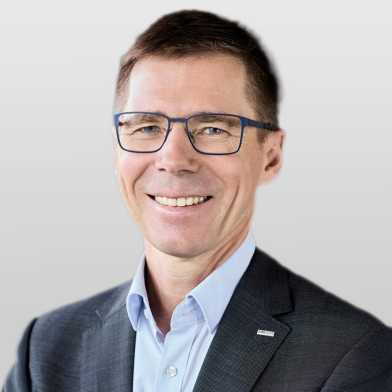
Science diplomacy can transcend the geopolitical arena, building trust and bridging gaps between nations, emphasises Joël Mesot. And presents three partnerships in generative AI that highlight the power of cross-sector cooperation – for humanitarian and peacekeeping missions as well as trustworthy AI.
“The way that our cities, houses and flats are built right now makes us feel dependent.”
- News
- Homehero
- Globe magazine

For many people, architectural norms create barriers to accessibility. How might we re-imagine our built environment to make it more inclusive?
Why people resort to lynching
News

Why do civilians take the law into their own hands? Using Mexico as an example, ETH researcher Enzo Nussio shows how it’s a combination of a weak state and strong local communities.
Digi, Nano, Bio, Neuro – or why we should care more about converging technologies
- Zukunftsblog
- News
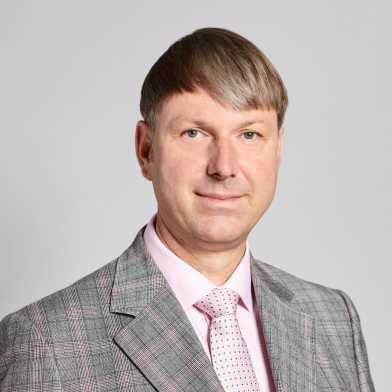
Dirk Helbing expects future digital technologies to penetrate the human body even more in the future. However, he believes that society is not prepared for the risks involved. He puts forward a new legal framework to protect our most intimate data from misuse.
What can cities do to promote acceptance of densification?
News
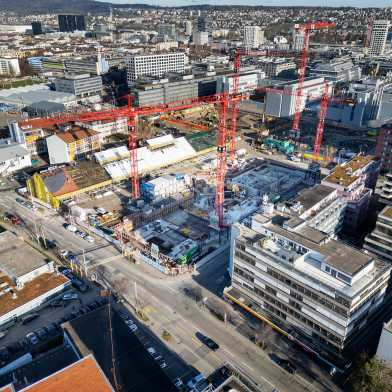
Swiss cities are more likely to accept densification when densification projects provide affordable housing and green spaces compared to densification that is implemented through reduced regulations for housing construction. By prioritizing a socio-ecological densification, extensive planning procedures and delays might be minimized.
Let Bachelor’s degree holders work first!
- News
- Zukunftsblog
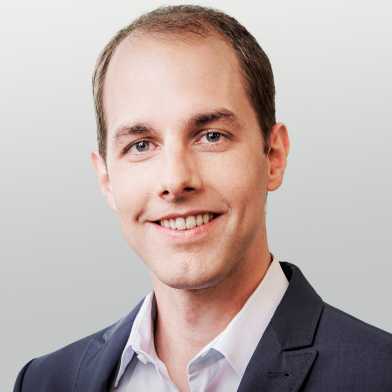
Have you done any further professional training in the last five years? If not, then one reason is probably the education system and its rigid qualifications, says Lukas Sigrist.
ETH Zurich logistics tool saves ICRC millions
News
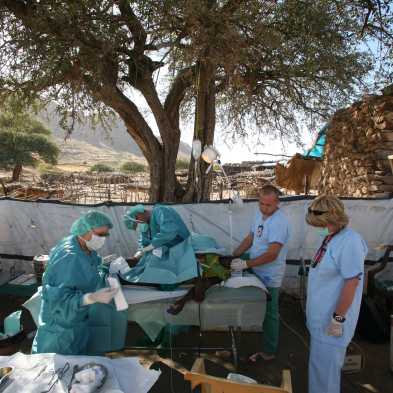
The International Committee of the Red Cross (ICRC) provides medical supplies to people in need. A planning tool developed by researchers at ETH Zurich will make this complex task more efficient in future and save the ICRC millions.
The future of work: 3/2, 2/3, or 0/4?
- News
- Zukunftsblog
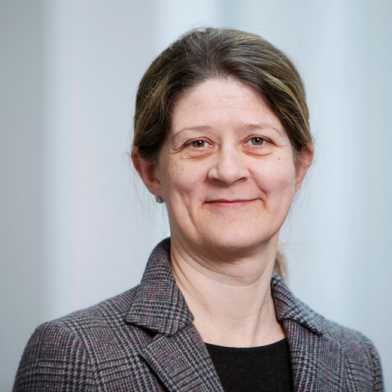
How productive are we when we work from home? It’s an increasingly common question. But Gudela Grote believes it’s the wrong question, because it says more about our conceptions of human nature than about effective ways of working.
Reflecting on one’s values increases success in job search
News

ETH Zurich researchers show in a new study that a short reflection exercise to boost self confidence increases job search success. This holds true even for the long-term unemployed and people over 50.
More respect for people who think differently
Globe magazine
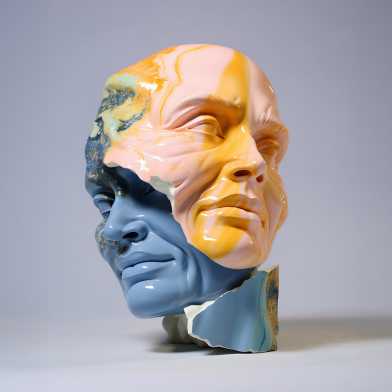
Polarisation seems to have increased in recent years, whether between right and left, urban and rural, or the supporters and opponents of vaccination. We talked to two experts about the cracks in society – and the glue that binds us together.
Being human
Globe magazine
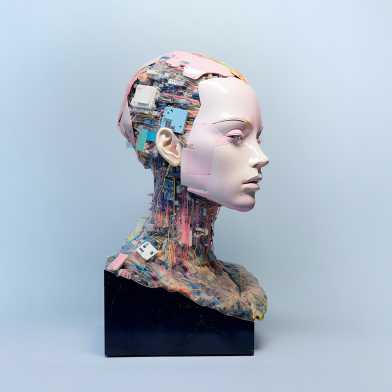
With its ability to write text and generate images, artificial intelligence is making inroads into many areas of life. Perceived as threatening, enriching or just plain gimmicky, AI also raises a fundamental question: what is it that makes us human?
"Power is not intrinsically good or bad"
- Globe magazine
- Homehero
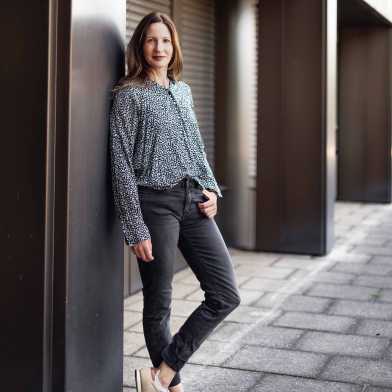
Work psychologist Petra Schmid studies the effects of social power. She favours an interdisciplinary approach that includes both lab experiments and surveys.
Our visual perception is more rational than we think
News

Our visual perception depends more strongly on the utility of information than previously thought. This has been demonstrated in a series of experiments conducted by researchers at ETH Zurich and the University of Zurich. Cognitive biases can begin at the retina.
“His mathematical intelligence was unparalleled”
News
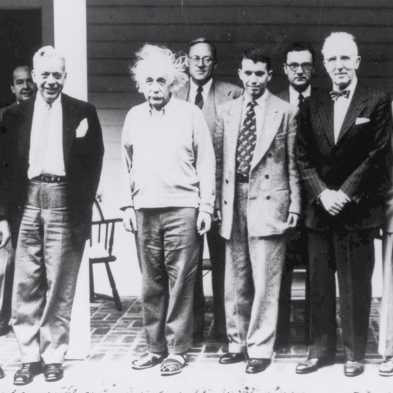
John von Neumann was one of the most important mathematicians and computer pioneers of the 20th century – and an ETH alumnus. He began his studies in chemistry here one hundred years ago. ETH Professor Benjamin Sudakov pays tribute to a mathematical legacy at a symposium.
Mindful meditation helps us make better decisions
News

People who meditate every day are less likely to avoid negative information. This is a finding in a new study by a research team including researchers from ETH Zurich.
New housing developments displace vulnerable persons
- Zukunftsblog
- News
- Homepage
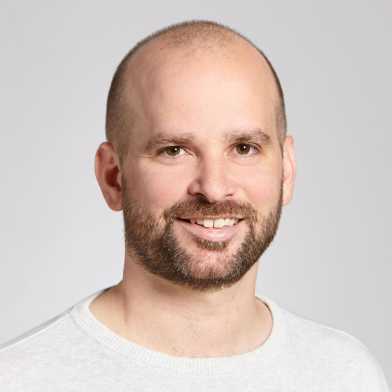
Focusing exclusively on new housing developments to counter the housing crisis is not sustainable, says David Kaufmann. His research group has been able to show that vulnerable persons are displaced to a much greater extent than previously thought in the Swiss canton of Zürich.
A life in development aid
- News
- Globe magazine
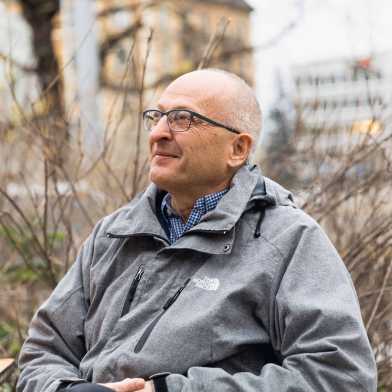
Peter Schmidt has been working in development aid for over 30 years, constantly seeking ways to help people help themselves. His first visit to India left him in shock for three days – but ended up shaping the rest of his life.
On environmental issues, the city-country divide is smaller than often assumed
- News
- Zukunftsblog
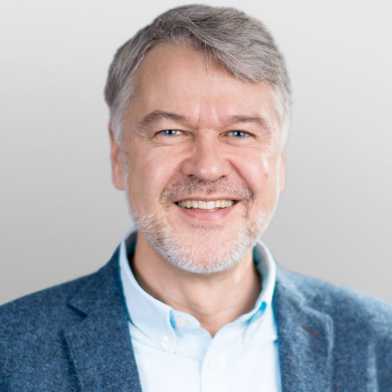
We like to perpetuate the idea of a divide in the attitudes of city dwellers and country people as part of debates on the environment, but it’s simply not the reality, explains Thomas Bernauer. In fact, there is little evidence of a fundamental urban-rural disconnect in Swiss environmental policy.
The unequal distribution of noise
News
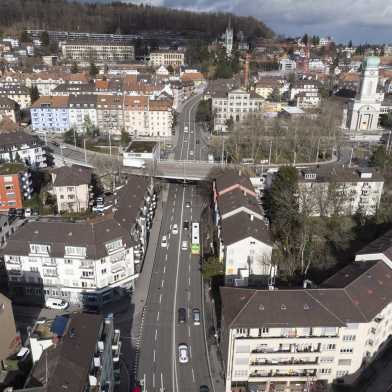
In cities, those who earn more are better able to protect themselves against noise and its associated health risks. This is shown by two new ETH studies conducted in Bern, Zurich, Hannover and Mainz.
The social impact of disasters
- News
- Globe magazine

Human geographer Christine Eriksen and physicist David Bresch conduct research into weather and climate risks. Their methods may be different, but they agree that the scale of a disaster is often determined more by societal decisions than by the natural hazard itself.
Everyone should have to decide
Zukunftsblog
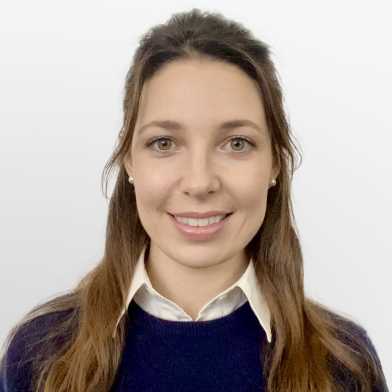
A presumed consent system for organ donation, which is to be put to the vote in Switzerland, would likely increase the organ donation rate, writes bioethicist Agata Ferretti. In her view, however, there is an even better solution: the obligation to decide.
How to best deal with unavoidable threats like that of the pandemic
Zukunftsblog

José Antonio Pérez Escobar studied who was best able to cope with the pandemic. People who are able to deal with negative emotions were particularly successful. This skill can be learned, he says.
Why the Covid certificate requirement is not discriminatory
Zukunftsblog
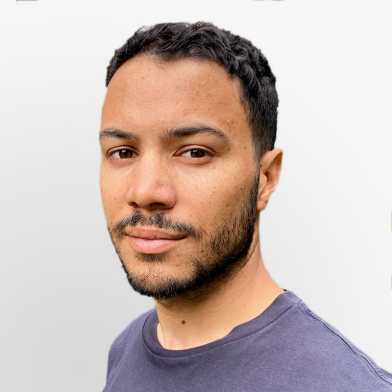
In his doctoral thesis, Dario Meili explores discrimination. Although there are instances of discrimination in our society, the certificate requirement is not one of them, he says.
"We have to ask ourselves what to do with hacked data"
News
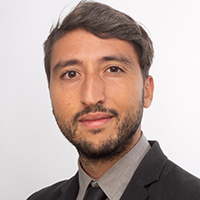
In recent years, there have been several incidents of hacked databases, and the hackers published the stolen data on the internet. Are scientists allowed to use such data for their research? ETH Zurich bioethicists Marcello Ienca and Professor Effy Vayena have addressed this question in a paper published in the journal Nature Machine Intelligence. ETH News spoke with Ienca.
Good intentions don’t guarantee good value
Zukunftsblog
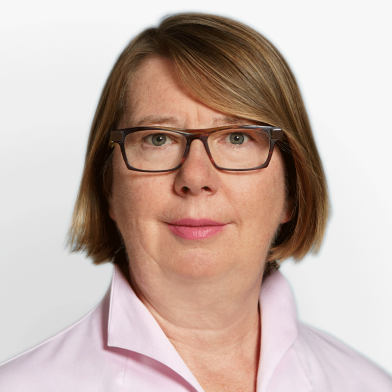
Out-of-school programmes designed to develop children’s science and technology skills are booming. Some may be helpful, but others are even harmful, argues Elsbeth Stern.
Those who fail productively are all the wiser
News
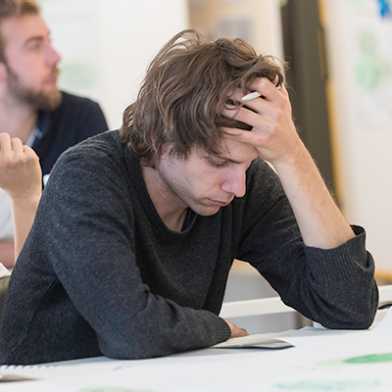
Researchers from ETH Zurich have demonstrated the positive effects of productive failure on learning outcomes. The success rate for one of ETH’s largest courses was increased by 20 percent.
Vaccination – personal values and group dynamics are decisive
Zukunftsblog
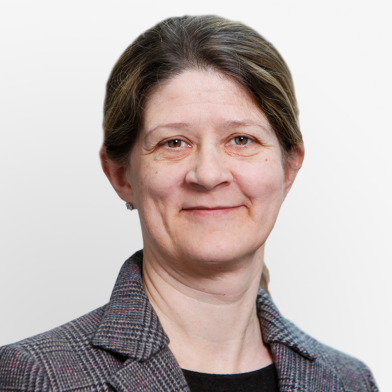
How do you get more people to have vaccinations? Gudela Grote firmly believes that it’s worth looking at team dynamics.
Resilience as a positive force
Globe magazine

Disruption has the power to upend our lives. But approached constructively, disruption and resilience can be positive.
Changing defaults can have a significant and lasting effect
News

Electricity providers have a simple way of encouraging households and companies to procure power from sustainable sources. This can help lower CO2 emissions.
Making better use of smartphone networks during disasters
News

We can face a crisis better when we work together. This has been illustrated by a study led by ETH Zurich's professor Dirk Helbing: if we share our battery charge with others in the event of a disaster, we could support communication and help to save lives.
To cut food waste, we may need to pay more for what we eat
News
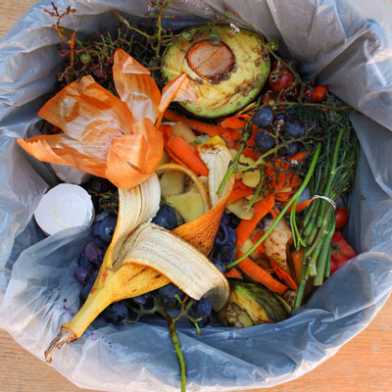
How can we reduce food waste? Although the Swiss population are aware of the problem, they misjudge where most food waste is generated, ETH political scientists conclude. The general public support cutting food waste, even if this means food will cost more.
Blueprint for the perfect coronavirus app
News
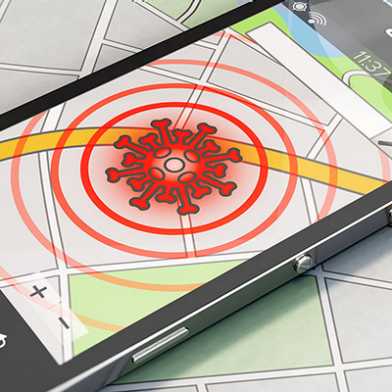
Many countries are turning to digital aids to help manage the COVID-19 pandemic. ETH researchers are now pointing out the ethical challenges, that need to be taken into account and the issues that need careful consideration when planning, developing and implementing such tools.
Giving chance a helping hand
News
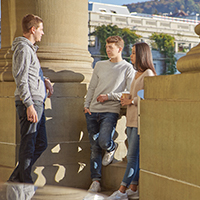
New research from ETH Zurich shows that holding events for new students before they enter university is an investment that pays off. Incoming students benefit from the chance to meet, mingle and form friendships at orientation events, which contributes to their long-term academic success.
Have Air Miles become obsolete as a status symbol?
Zukunftsblog

For close to two months now, many of us have been working almost entirely from home. And it’s going far better than some people anticipated. What has now become normal will change the working world profoundly, believes Gudela Grote.
Why social distancing is a big challenge in many African countries
Zukunftsblog
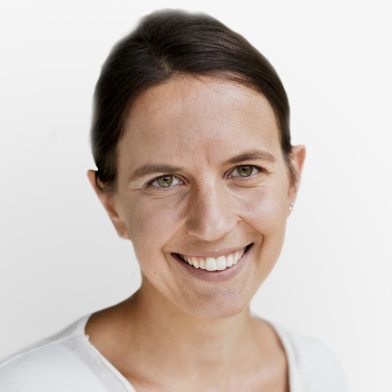
Working from home, distance learning, online shopping – many African countries cannot easily adopt rich nations’ measures against the coronavirus. Isabel Günther calls for international solidarity in the pandemic.
Boundaries take on new meanings
Zukunftsblog

With many of us thrown into an unusual work situation, now’s a good moment to think about boundaries, says Gudela Grote.
“We take rehabilitation to also mean inclusion.”
Globe magazine
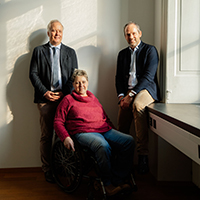
ETH Zurich aims to step up rehabilitation research and education with the Rehab Initiative. But how are the needs of people with disabilities best met? To discuss the issues, we hosted a roundtable with a physician, a person with a disability and a researcher.
Using social networks to hasten a switchover
Zukunftsblog
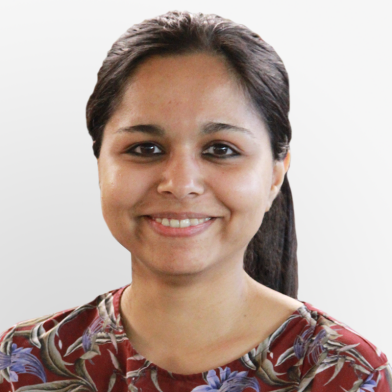
When making decisions, we’re often influenced by our social environment. This can be used in a targeted way to encourage people to adopt a healthier, cleaner lifestyle, writes Suchita Srinivasan.
On the trail of the Swiss Humboldt
News
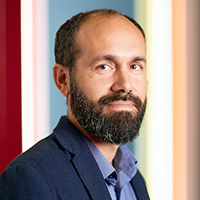
The Argentinian Tomás Bartoletti wants to tell history from a global perspective. Since the summer of 2019 he has been doing so at ETH Zurich, where he has been researching the story of the Swiss naturalist Johann Jakob von Tschudi and his travels around Latin America. He hopes to discover new insights into Switzerland’s postcolonial past and the history of Latin America.
Let’s talk about system change
Zukunftsblog
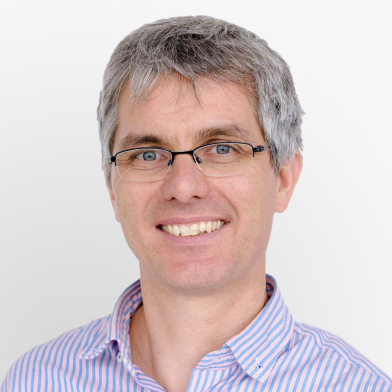
It’s 2020 and Christoph Kueffer is now into his fifth year of (almost) not flying. Whereas not flying hasn’t been difficult, talking about social change still is, he asserts.
Better integration thanks to naturalization
News
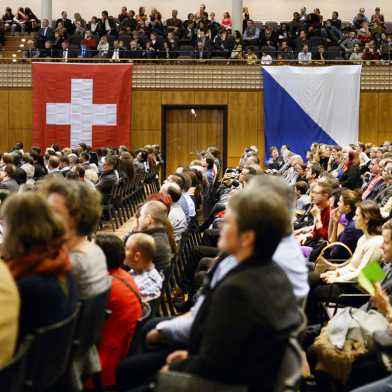
Becoming a Swiss citizen promotes immigrants’ integration into Swiss society. After naturalizing, new citizens’ annual earnings increased by an average of CHF 5,000 compared to their unnaturalized peers. This boost benefits the new citizens, the state, and society as a whole.
Putting research to the real-world test
News

Dominik Hangartner, a political scientist at ETH Zurich, has received one of Switzerland’s most prestigious science awards. The National Latsis Prize has recognised the quality of Hangartner’s research on migration and its importance for public policy. We sat down with Hangartner to find out what drives him and what he finds so exciting about turning research into concrete policies.
Digitalisation presents a challenge to talent development worldwide
News
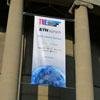
At the sixth Times Higher Education (THE) World Academic Summit, experts from the research community and higher education explored and reflected on how digitalisation is changing higher education and on nurturing of talent. ETH Zurich hosted the conference.
How to efficiently dismantle networks
News

Viruses, crime, and many other problems spread through networks. ETH researchers have now developed a new method of protecting them cost-effectively. When budget matters, networks are best dismantled starting with some middle nodes.
Social media and the concentration of power
Zukunftsblog
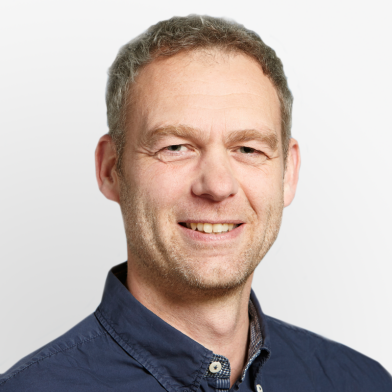
Network effects promote an alarming concentration of power within social media. Standards offer an alternative but require user initiative, blogs Ulrik Brandes.
How income and attitudes affect greenhouse gas emissions
News

The higher the income of individuals living in Switzerland the higher their greenhouse gas emissions. But to what extent do differences in income actually have an effect on emissions, and to what extent do household emissions differ? The main differences were found in the areas of mobility and housing. For nutrition, the differences in individual emissions are less pronounced. These are the findings of a study conducted by social scientists at ETH Zurich
The value of friendships in academic success
News
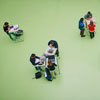
Students who prepare for their exams with friends are more likely to succeed. Sociologists from ETH Zurich examined how networks among Bachelor’s students influenced their exam results in the first year. Their results show that informal relationships and friendships are just as important as self-motivation and discipline.
Employment bans are counterproductive
News
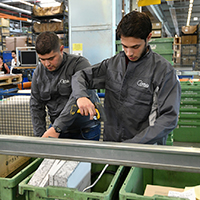
Barring refugees from the labour market for a period of time after their arrival has negative consequences for their long-term integration. Additionally, it results higher welfare expenditure for the state and foregone tax revenues, as evidenced in the case of Germany by a joint study conducted by ETH Zurich and Stanford University.
“Citizen science means excellent research”
News
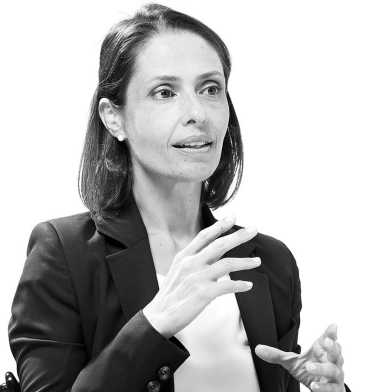
The Citizen Science Center of UZH and ETH is ready to hit the ground running. With the new Participatory Science Academy, it aims to bring citizen science to a new level. In this interview, co-director Mike Martin, professor of gerontopsychology at UZH, co-founder Effy Vayena, professor of bioethics at ETH, and managing director Rosy Mondardini explain the concept and future plans for the center.
The water war myth
Zukunftsblog

Humans need water. If it is in short supply, conflicts can arise. Contrary to popular belief, however, these almost never lead to war, but rather to cooperation, writes Thomas Bernauer.
Disoriented
Zukunftsblog
Although we have known the causes of our environmental problems and possible solutions for decades, not much has changed. Christoph Küffer asks why.
It's not the "what" that counts, but the "why"
Zukunftsblog
The big data hype is in marked contrast to tangible results in the social sciences, says Frank Schweitzer.
How Climate Change Affects Migration
Zukunftsblog
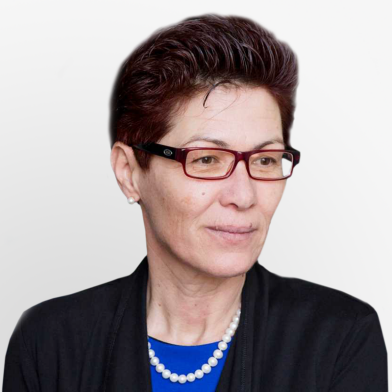
Will climate change, as often claimed, indeed result in large-scale human migration, notably from poor to rich countries? Vally Koubi and Thomas Bernauer answer.
An ambassador against hate
News
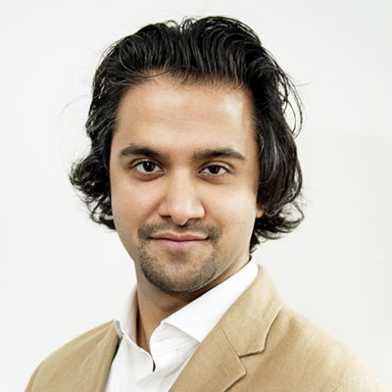
ETH Fellow Kunaal Sharma researches the relationships between elite politics and religious extremism. Working in crisis-hit regions of South Asia, he seeks out the causes of conflicts as well as pathways towards achieving greater tolerance.
A society divided by reconstruction
News

In 2004, a tsunami devastated much of the Indonesian city of Banda Aceh. An international team of researchers has studied the long-term impact that rebuilding efforts in coastal areas have had on the community.
Migration model for the UK
News
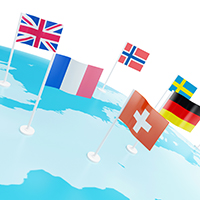
ETH Zurich researchers developed a feasible approach for the migration issue in post-Brexit negotiations between the UK and EU. An existing mechanism in Switzerland’s bilateral treaties served as inspiration.
The stories of survivors and life after the Holocaust
News

The "Last Swiss Holocaust Survivors" exhibition, which opens today at the ETH Zurich Archives of Contemporary History, tells the stories of how fourteen eyewitnesses survived the Holocaust and then went on with their lives.The exhibition has been extended until 15 June 2017.
Can conflict be predicted?
News
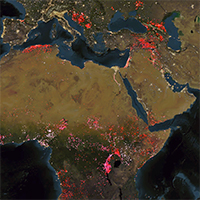
Modern data science techniques can also be useful in conflict research. However, in an essay published in the journal Science, Lars-Erik Cederman, Professor of International Conflict Research at ETH Zurich, suggests that certain expectations regarding the predictability of armed conflict are unrealistic. ETH News caught up with him for a chat.
User feedback is essential, especially for complex technology
News
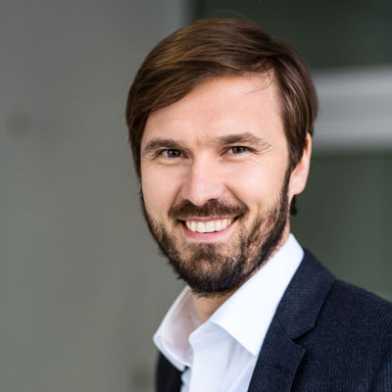
Environmentally friendly, low-carbon energy technologies are needed to achieve global climate targets. Tobias Schmidt’s research examines the interaction between public policy and carbon-reducing innovations in the energy sector. He will present his findings at the world’s largest science conference, the AAAS, in February.
Swiss employees do not hold back on cynical behaviour
Press release

Every fourth employee regards promises made by the company they work for as having been broken and every third is not satisfied with their relationship to their superior and with their co-workers. This is shown by the current results of the Swiss Human Relations Barometer of the University of Zurich and ETH Zurich.
A litmus test of fairness
News
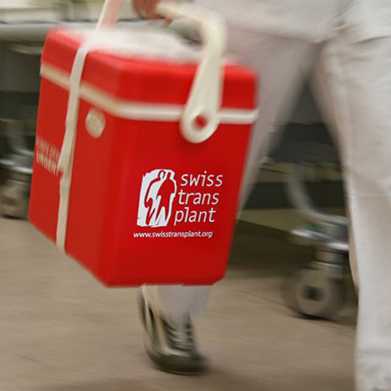
For example, lay people think that the sickest patients and those on waiting lists should be treated first, while ethicists – and to some degree medical professionals – tend to have a different set of priorities. This is the conclusion of a study by ETH researchers investigating the principles that apply to the fair allocation of scarce medical resources.
A humanities perspective on natural sciences and technology
News
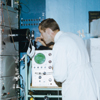
‘Science in Perspective’ is the name of a new study programme at ETH Zurich that will teach students of natural sciences and engineering the overarching normative, historical and cultural perspectives of their subject.
Less aggressive thanks to stronger relationships
Press release

Whether young people behave prosocially or aggressively comes down to the kind of relationship they have with their teachers: this is the conclusion of a long-term study conducted by researchers from ETH Zurich and the universities of Cambridge and Toronto.
Everyone sees the world through their own prism
News
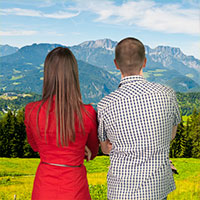
How can public opinion be influenced in favour of climate protection? ETH political scientist Thomas Bernauer explored the question in a recent study. His sobering answer is that there is no magic formula.
Girls should expect poorer physics grades
News

Secondary school physics teachers with little teaching experience handed out significantly poorer grades to girls than boys for the exact same performance. This was the conclusion drawn by an ETH learning specialist from a study she conducted in Switzerland, Germany and Austria.
At the frontier of the quantum world
News
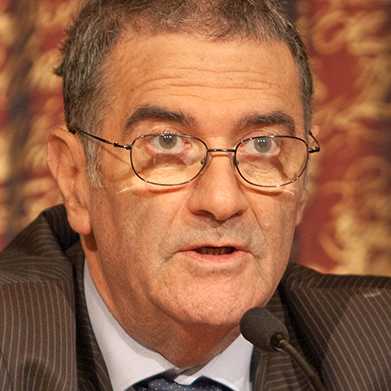
French Nobel laureate Serge Haroche will give the Paul Bernays Lectures next week at ETH Zurich. In his research he deals with the transition from quantum physics to classical physics.
The charm of the recent past
News
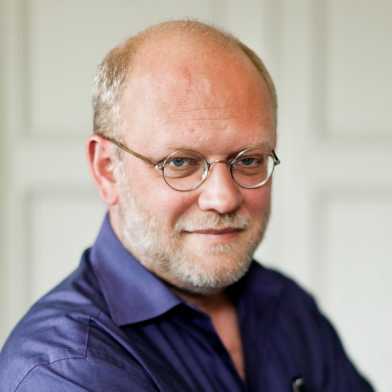
Monte Verità, or the "Mountain of Truth", was recently the setting for an international gathering of historians, aimed at finding new patterns of interpretation for the period between 1980 and 2010. David Gugerli, a Professor of History of Technology at ETH and conference co-organiser, discusses the bold conference format and key findings from the meeting.
How we get defectors to cooperate
News

When a person in a group violates a norm, he or she is often punished by the others. In a game theory experiment, ETH sociologist Andreas Diekmann shows that this defector is most likely to be punished if those injured by the violation have differing levels of strength. Among equals, in contrast, the defector tends to get away with it.
Youth violence on the decline
News
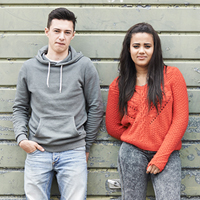
Researchers at ETH Zurich's Criminological Research Unit have examined the evolution of violence among youths in the canton of Zurich. Their study shows that the propensity towards violence is clearly decreasing within this age group.